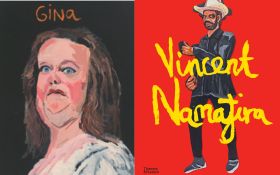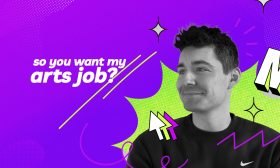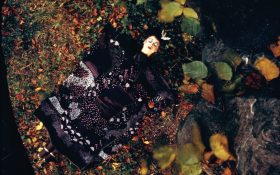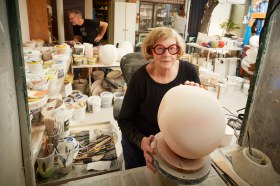Tristram Besterman, Director of the Manchester Museum at the University of Manchester, recently took part in a debate on the return of human remains held by UK museums. The debate, ‘Objects to study or ancestors to bury?’ was organised by the Institute of Ideas and took place on May 2. This was Besterman’s introductory statement.
I am, as the more observant of you may discern, a white, European male, representing a museum that collects the world: world cultures and the natural history of the world. I was educated as a scientist within the European rationalist tradition. I believe that scientific research on human remains is important. It can deepen our understanding of human origins and diversity, and ancient patterns of disease. The vast majority of human remains held in UK museums provide an uncontested, culturally isolated resource for scientific enquiry.




